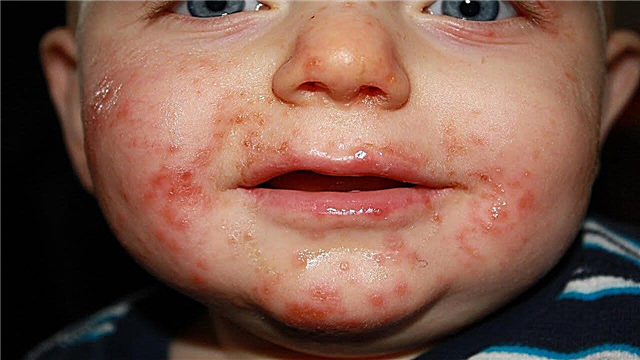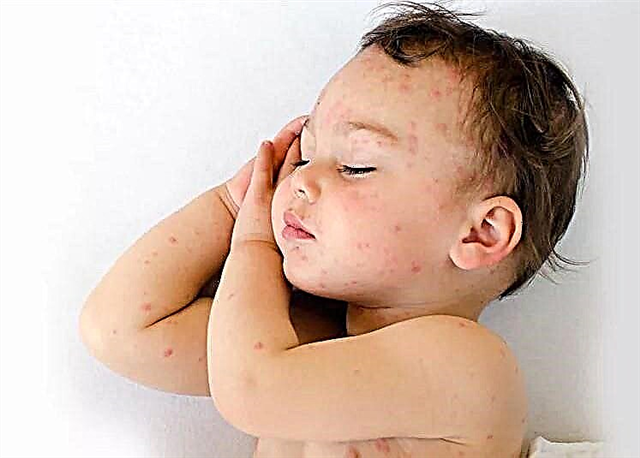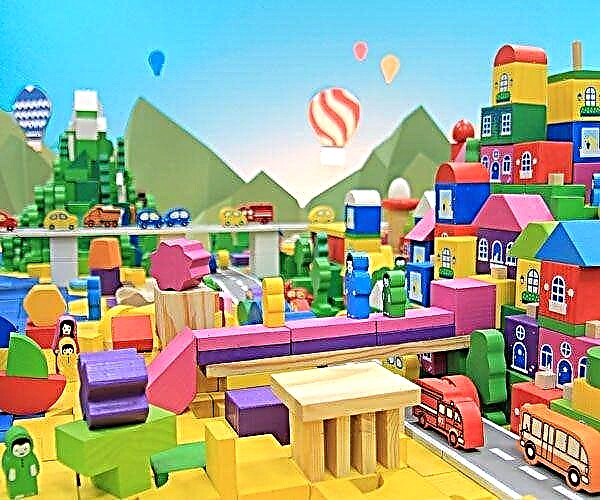The frequency and type of stool in an infant is one of the most troubling issues for new parents. Loose stools in babies under one year old is quite normal if the child eats little solid food. However, sometimes such a consistency may indicate pathology, poisoning or viral infection. The main thing is to notice the health problems of the baby in time and seek advice from the local pediatrician.

Children can poop in different ways
Stool frequency is normal
The following can be said about the frequency of stools in infants:
- She is individual for each child;
- The kid can poop every few days;
- Babies poop more often than artificial ones;
- A baby on gv should normally go to the toilet after each feeding.
With proper nutrition, diarrhea and constipation are rare. However, not everyone knows why the baby poops with mucus.

Splashes of mucus in the stool are not uncommon
Breastfeeding
If the baby pooped mucus once or twice, this may be due to the nutrition of the nursing mother. First of all, you need to exclude from the diet all allergens and foods containing artificial chemical dyes. Also, everything smoked and fried is prohibited. Correcting inaccuracies in your diet will help you improve your bowel movements.
Bottle-fed
When a bottle-fed newborn poops with mucus, the chosen formula is most likely not suitable for him. In case of individual intolerance to cow's milk, you can choose baby food based on plant (soy) milk, such mixtures are well tolerated and have a beneficial effect on digestion.

The best prevention of diarrhea is proper nutrition
Possible causes of mucus diarrhea
Diarrhea with mucus in a child under one year old can be caused by various reasons, not all of them are associated with pathological conditions. When a baby under six months of age poops with mucus, not yet receiving complementary foods, the reason may be in the mother's diet. Also, among the most popular reasons, doctors note the following:
- Rotavirus infection (stomach flu);
- Allergy to complementary foods;
- Incorrect feeding regimen, when parents overfeed the child, or, conversely, the baby receives less food;
- Use of infant formula that is not appropriate for the age and health of the baby.
With the elimination of the cause, the mucus in the stool disappears by itself. In the case of rotavirus, the doctor may prescribe antiviral drugs that include interferons, substances that stimulate the immune system.

Parents should watch how the child poops
When asked why babies over six months poop with mucus, pediatricians often answer: the reason is teething. Indeed, this option is also possible, during this period the child has a lot of saliva, and the stool becomes more liquid. This is a temporary condition that does not threaten health, it goes away with the appearance of teeth.
Attention! The most common cause of loose, slimy stools is intestinal dysbiosis, which often occurs in young children after antibiotic treatment. Also, diarrhea can be a sign of food allergies, lactase deficiency or individual intolerance to certain foods.
Dangerous symptoms for a baby
If the baby poops with mucus often, but at the same time behaves calmly and gains weight well, this is one of the options for the norm. When a child of 3 months or older poops mucus on complementary foods, the reason is most likely in the incorrect introduction of new foods. Among the most dangerous symptoms are:
- The presence of blood streaks in the stool and the smell of rot;
- The general weakened state of the baby;
- Severe abdominal pain and bloating with diarrhea;
- Much frothy mucus.
- In children after six months, this problem often occurs due to the fact that a foreign body that enters the body through the mouth damages the intestinal mucosa.
Attention! The younger the child, the more dangerous any gastrointestinal infection is for him. An infant under six months of age should go to the hospital for any suspicion of viral or bacterial diarrhea. There, the child will be given IVs to prevent dehydration and adequate drug therapy will be prescribed.
How to adjust nutrition
When a newborn poops mucus, it can signal lactase deficiency. This is the name of the condition when the child does not absorb the sugars contained in breast milk, due to the imperfection of the digestive system and the lack of certain enzymes. If a baby has diarrhea with mucus after breastfeeding, this diagnosis is 90% correct. In this case, the doctor will advise treating the baby: to give drugs that promote the breakdown of milk sugar, which means that you will not have to give up GV.
You can adjust the baby's nutrition in the following ways:
- Always keep the same interval between feedings;
- Do not overfeed the baby, even if he often asks for food;
- Follow a strict diet (for nursing mothers) to prevent allergic reactions;
- Bottle-fed babies should always be given water between feedings.
Also, if the baby is an artificial, doctors do not recommend changing the milk formula often.
When to see a doctor
Loose stools in a child with mucus in combination with vomiting and high fever (from 38 degrees) is a reason to urgently call a doctor. If the child pooped with green or yellow mucus, this often indicates intestinal dysbiosis, in this case it is necessary to contact the pediatrician to correct the nutrition and take tests for dysbiosis. The doctor will prescribe medications that stimulate the growth of beneficial bacteria in the baby's intestines.
You should also contact your pediatrician immediately if anyone in the family already has a gastrointestinal infection or food poisoning. In this case, there is a high probability that the baby will become infected from an adult or older child. The use of fortifying drugs and strict adherence to sanitary and hygienic standards for cohabitation of adults with an infant will help prevent illness: the child must have his own dishes and a bed that are inaccessible to pets and other children.
Note. An infectious disease, viral hepatitis (jaundice), is especially dangerous, so it is advisable to get vaccinated against it while still in the hospital.
Young parents should understand that the frequency and consistency of discharge in a nursing baby who has not yet turned one year old largely depends on the nutrition that the baby receives. If the baby feels normal, liquid stools of a normal color with a small amount of mucous streaks should not bother adults, this is a temporary and passing phenomenon. However, when a child has profuse diarrhea, especially in combination with vomiting, it is impossible to hesitate to see a doctor, so as not to make it worse - any delay is dangerous for the baby's life.



